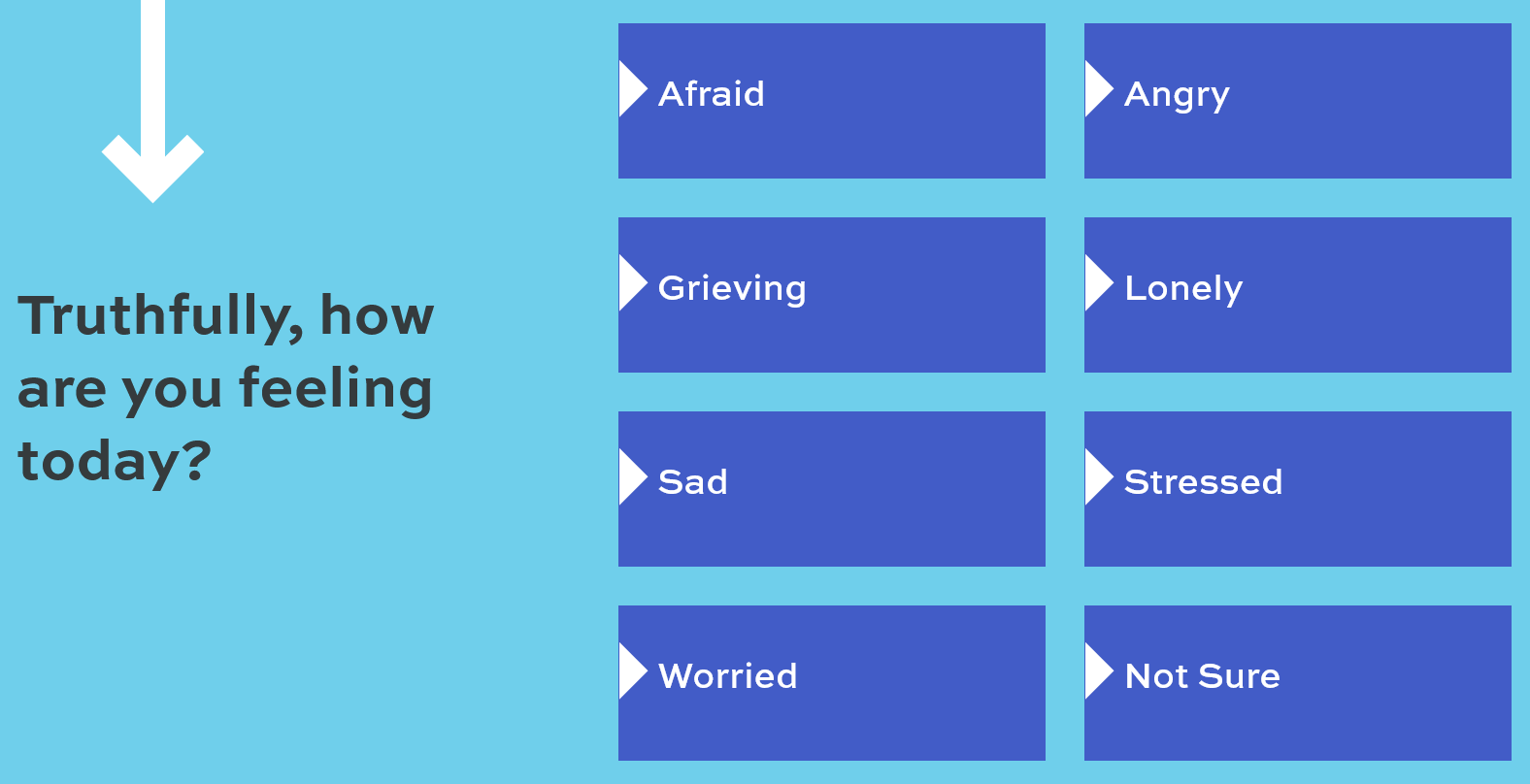“Empty nest syndrome isn’t a clinical diagnosis. Instead,
it’s a phenomenon where parents experience feelings of
sadness and loss when the last child leaves home”.1
Umbrella
What may the Empty Nest Syndrome Umbrella include?
Depending on the Source (DotS) this Umbrella may include:
- Empty Nest Syndrome
- Midlife Empty Nest Syndrome
Definition
What is empty nest syndrome?
Depending on the Source (DotS) the definition of empty nest syndrome may vary. In 4 Tips for Enjoying Your Empty Nest the (United States) Mayo Clinic’s explain is:

“Empty nest syndrome isn’t a clinical diagnosis. Instead, it’s a phenomenon where parents experience feelings of sadness and loss when the last child leaves home”.2
Symptoms
What may be symptoms of empty nest syndrome?
In Empty Nest Syndrome: Symptoms the (United States) Psychology Today explain:
- Sadness…
- Loss…
- Depression…
- Loneliness
- Distress
- Worry or anxiety over their child’s wellbeing
- A loss of purpose and meaning in life
- Increased marital tensions”.3
Menopause
May menopause symptoms impact our mental health?
In Menopause and Mental Health: Mental Health Symptoms Related To Menopause the Australasian Menopause Society note:
Another complicating factor is stress related to life circumstances. Feeling stress is common during middle age as personal and environmental changes take place. This can have a strong effect on mood in some women. Life circumstances that can impact mental health include:
- Caring for children
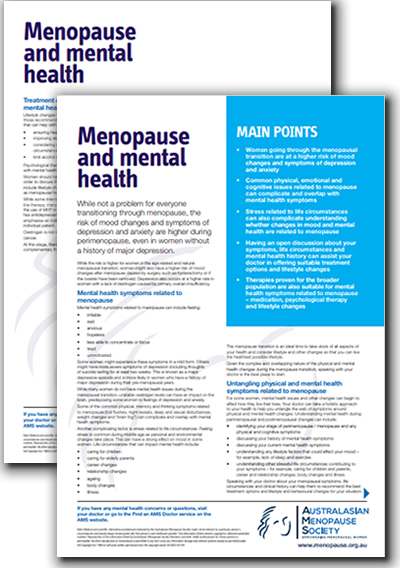 Caring for elderly parents
Caring for elderly parents- Career changes
- Relationship changes
- Ageing
- Body changes
- Illness.
The menopause transition is an ideal time to take stock of all aspects of your health and consider lifestyle and other changes so that you can live the healthiest possible lifestyle”.4
Coping
How can parents cope with empty nest syndrome?
In 4 Tips for Enjoying Your Empty Nest: Advice for the Transition the Mayo Clinic elaborate on:
- Accept the timing…
- Keep in touch…
- Seek support…
- Stay positive…”.5
Benefits
What benefits may accompany an empty nest?
In 4 Tips for Enjoying Your Empty Nest: Benefits To Empty Nesters the Mayo Clinic explain:
Health Care Provider
What if I think I have empty nest syndrome?
If you think you have empty nest syndrome, it may be in your best interest to choose to talk to your health care provider about this. Together you can discuss your options and if required, agree on who may be the most appropriate health care provider to help you.
In Empty Nest Syndrome: Treatment Psychology Today elaborate on:
Health Topics A-Z
Where may I find Health Topics A-Z related to Empty Nest Syndrome?
In Health Topics A-Z you may find:
Links
Where may I find Links related to Empty Nest Syndrome?
Your Country may have Links similar to:
Links
This Links List to third party websites is neither comprehensive nor exhaustive. Inclusion on this Links List does not imply endorsement or recommendation. Non-inclusion on this Links List does not imply non-endorsement or non-recommendation. Third party websites are not under the control of Meno Martha International Menopause Directory. Third party websites may contain explicit medical images and/or sexual references. Please read Meno Martha International Menopause Directory’s Links Policy before proceeding to a Link. Please contact Webmaster if you experience a problem with a Link.New or Updated
- 4 Benefits of Sleep Meditation and How To Do It
- 4 Tips for Enjoying Your Empty Nest
- Anxiety
- Are You Experiencing Empty Nest Syndrome?
- BMS TV: Menopause Explained
- BMS TV: Menopause – Weight Gain, Nutrition and Lifestyle
- Boost Your Mood With Mind-Nourishing Food
- Can Menopause Cause Depression?
- Depression [+ Video Courtesy: Mayo Clinic News Network]
- Depression In Women: 5 Things You Should Know
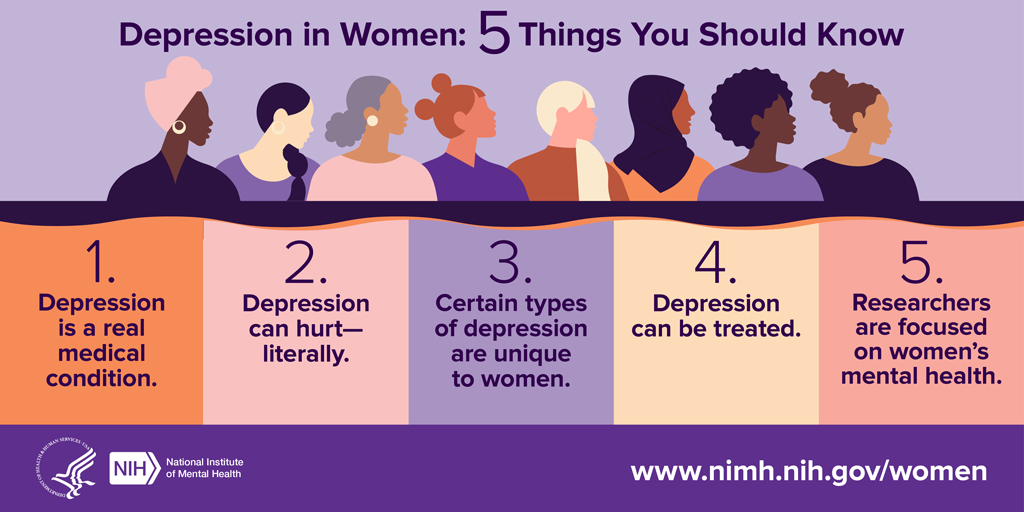
- Dr. Louise Newson Breaks Down The Menopause & Lisa Snowdon Shares Her Experience | This Morning
- Emotional Wellness In Menopause
- Empty Nest Syndrome
- Getting Help for Mental Health
- How Mindfulness Meditation Improves Mental Health
- How To Manage and Reduce Stress
- How You Can Enjoy the Empty Nest
- Is Empty Nest Syndrome Real?
- Later Years (Around 50 Years and Over): Menopause and Post Menopause Health – Menopause and Your Mental Wellbeing [+ Video: Menopause Only Affects You Physically!]
- Later Years (Around 50 Years and Over): Menopause and Post Menopause Health – Signs and Symptoms of Menopause [+ Video: Talking Menopause With Your GP]
- Later Years (Around 50 Years and Over): Menopause and Post Menopause Health – Supporting Someone Through the Menopause [+ Video: Men Don’t Need To Know About Menopause]
- Mastering Midlife Mood Changes With Marlene Freeman, MD
- Mayo Clinic Q and A: 5 Ways To Get Better Sleep
- Mayo Clinic Q and A: Perimenopause Transitions and Concerns
- Meet Florence 2.0, She Can Give You Advice on A Healthier Lifestyle and Mental Health [Multiply Languages]

- Menopause
- Menopause
- Menopause
- Menopause
- Menopause Map: Downloadable Resources – My Personal Path Print Tools: Questions for Your Health Care Provider
- Menopause Map: Downloadable Resources – My Personal Path Print Tools: Symptom Tracker
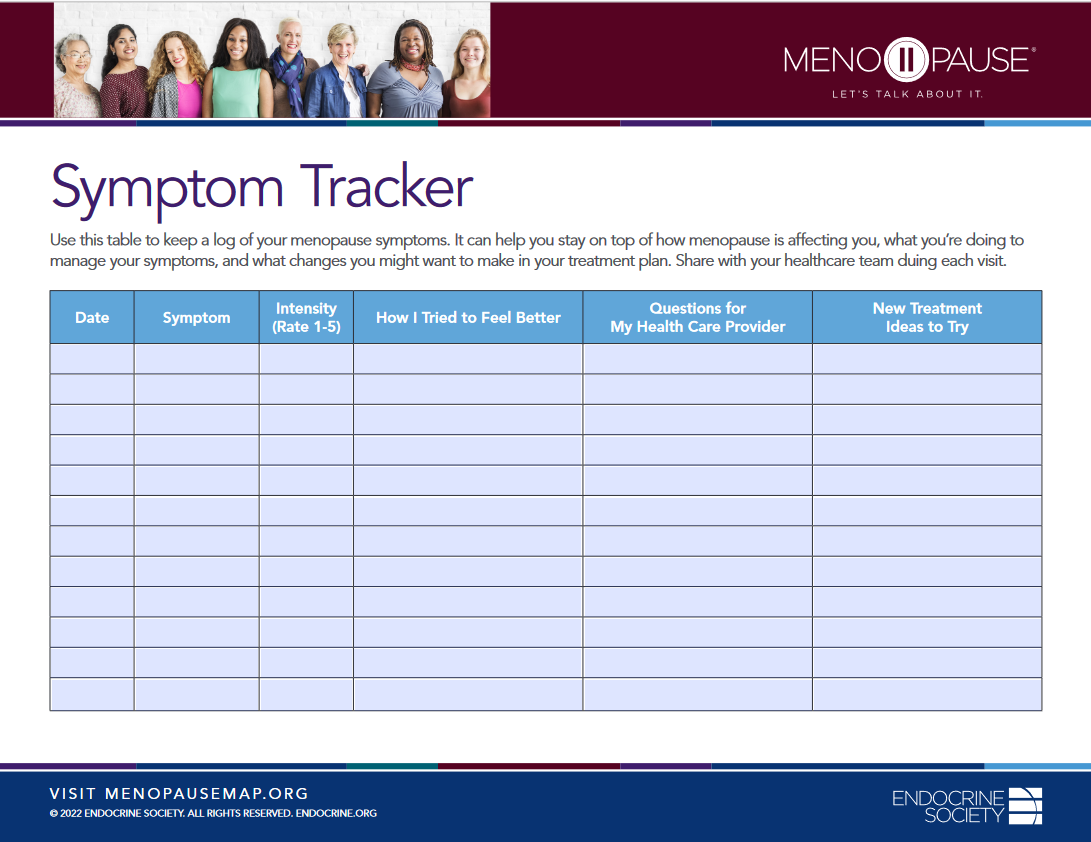
- Menopause Mindfulness: Embracing the Change of My Midlife
- Menopause Patient Information [Videos] 5. Lifestyle Advice In Menopause & Perimenopause
- Menopause Preparedness Toolkit Video Series: Lifestyle Tips for Menopause Wellness
- Menopause Preparedness Toolkit Video Series: Mindfulness & Wellbeing During the Menopause Transition
- Menopause Preparedness Toolkit: A Woman’s Empowerment Guide
- Menopause and Mental Health
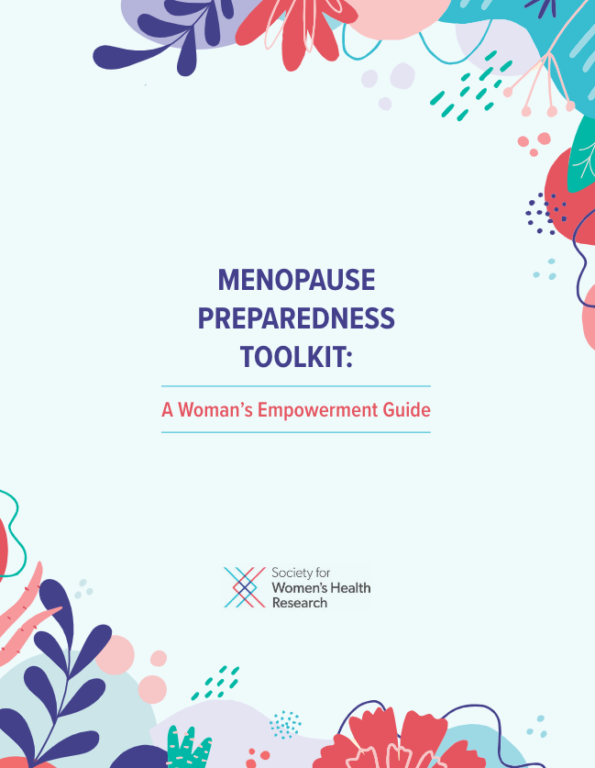 Menopause: Ensuring A Tranquil Transition
Menopause: Ensuring A Tranquil Transition- Menopause: Things You Can Do
- Menopause and Depression: Is There A Link?
- Mental & Emotional Health
- Mood and the Menopause
- Mymenoplan.org [My Menoplan, United States]
- National Center for Complementary and Integrative Health: Depression
- National Center for Complementary and Integrative Health: How Safe Is This Product or Practice?
- Perimenopause
- Perimenopause
- Perimenopause and Menopause Symptom Checklist

- Postmenopause
- Resilience Training
- Resilience: Build Skills To Endure Hardship
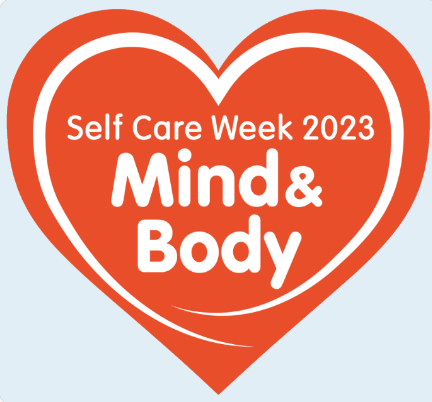 Self-Care and Kindness: Finding A Solution To the Trigger of Our Anxiety
Self-Care and Kindness: Finding A Solution To the Trigger of Our Anxiety- Self Care Week [13-19 November 2023]
- Self-Esteem: Take Steps To Feel Better About Yourself
- Should You Try an L-Tyrosine Supplement? A Look at Its Benefits and Side Effects
- Sleep, Food, Exercise, Stress: Why Working on One of These Can Improve the Others
- Stages of Menopause
- Taking Care of Your Emotional Well-Being
- Taking Care of Your Mental Health
- The Mental Health Issues That Can Accompany Menopause Often Go Unaddressed
- Tips To Help Manage Menopause Symptoms
- Top Tips To Improve Your Mental Wellbeing
- Using Natural Therapies In the Menopause Transition – Webinar
- Video Series-2022: Perimenopause, Signs, Symptoms, and Solutions
- Video Series-2022: Wellness: What Is It?
- Video Series-2023
- Videos and Podcasts: Videos – Interviews: A Simple Approach To Menopause: The Menopause Quick Six (www.MQ6.ca)
- Videos and Podcasts: Videos – Interviews: The Menopause Blues
- What Everyone Should Know About Menopause Symptoms
- What’s the Link Between the Menopause and Anxiety?
Sources
Where may I find the Sources quoted?
You may find the Sources quoted at:
Sources
- 4 Tips for Enjoying Your Empty Nest. 19 September 2022. Mayo Clinic https://newsnetwork.mayoclinic.org/discussion/4-tips-for-enjoying-your-empty-nest/ Accessed: 26 September 2023
- 4 Tips for Enjoying Your Empty Nest. 19 September 2022. Mayo Clinic https://newsnetwork.mayoclinic.org/discussion/4-tips-for-enjoying-your-empty-nest/ Accessed: 26 September 2023
- Empty Nest Syndrome: Symptoms. Last Updated: 26 February 2019. Psychology Today https://www.psychologytoday.com/au/conditions/empty-nest-syndrome Accessed: 26 September 2023
- Menopause and Mental Health: Mental Health Symptoms Related To Menopause. Content Updated February 2023. Australasian Menopause Society https://www.menopause.org.au/health-info/fact-sheets/menopause-and-mental-health Accessed: 26 September 2023
- 4 Tips for Enjoying Your Empty Nest: Advice for the Transition. 19 September 2022. Mayo Clinic https://newsnetwork.mayoclinic.org/discussion/4-tips-for-enjoying-your-empty-nest/ Accessed: 26 September 2023
- 4 Tips for Enjoying Your Empty Nest: Benefits To Empty Nesters. 19 September 2022. Mayo Clinic https://newsnetwork.mayoclinic.org/discussion/4-tips-for-enjoying-your-empty-nest/ Accessed: 26 September 2023
- Empty Nest Syndrome: Treatment. Last Updated: 26 February 2019. Psychology Today https://www.psychologytoday.com/au/conditions/empty-nest-syndrome Accessed: 26 September 2023


